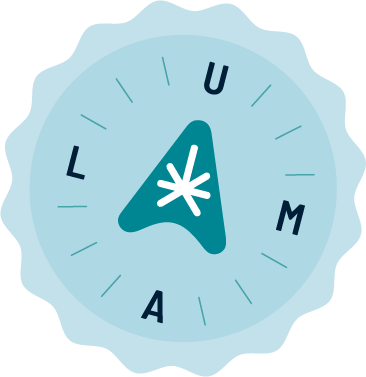

When an older adult or disabled person is in danger—whether from abuse, neglect, or exploitation—it’s time to take action. Adult Protective Services (APS) exists to protect vulnerable adults and connect them with the safety, care, and dignity they deserve.
LumaLink helps concerned family members, neighbors, and caregivers understand how to recognize the signs of mistreatment and how to report it. Call or text Luma if you need guidance now.
APS is a government-run program that investigates reports of abuse, neglect, and exploitation of adults who are elderly or disabled and unable to protect themselves.
They can:
APS programs are available in every state, although the name may vary (e.g., Protective Services for Adults, Elder Abuse Hotline).
If something feels wrong, it probably is. Luma helps you:
You don’t need to wait until it’s an emergency to reach out.
Whether you’re reporting elder abuse, seeking help for a neglected adult, or unsure what to do next, Luma is here to help you take that first step.
Discover Effortless Conversations

Luma is a voice- based assistant, not a live person. Call or message her and say what you need, just like talking to a friend.
Behind the scenes, our team of professionals has already vetted every provider for trust, licensing, and quality.
Luma will provide recommendations based on your needs, offering clear next steps and local contacts so you can take action right away.

Whether you're on the go or need a second to breathe, reach out your way. We're here 24/7.